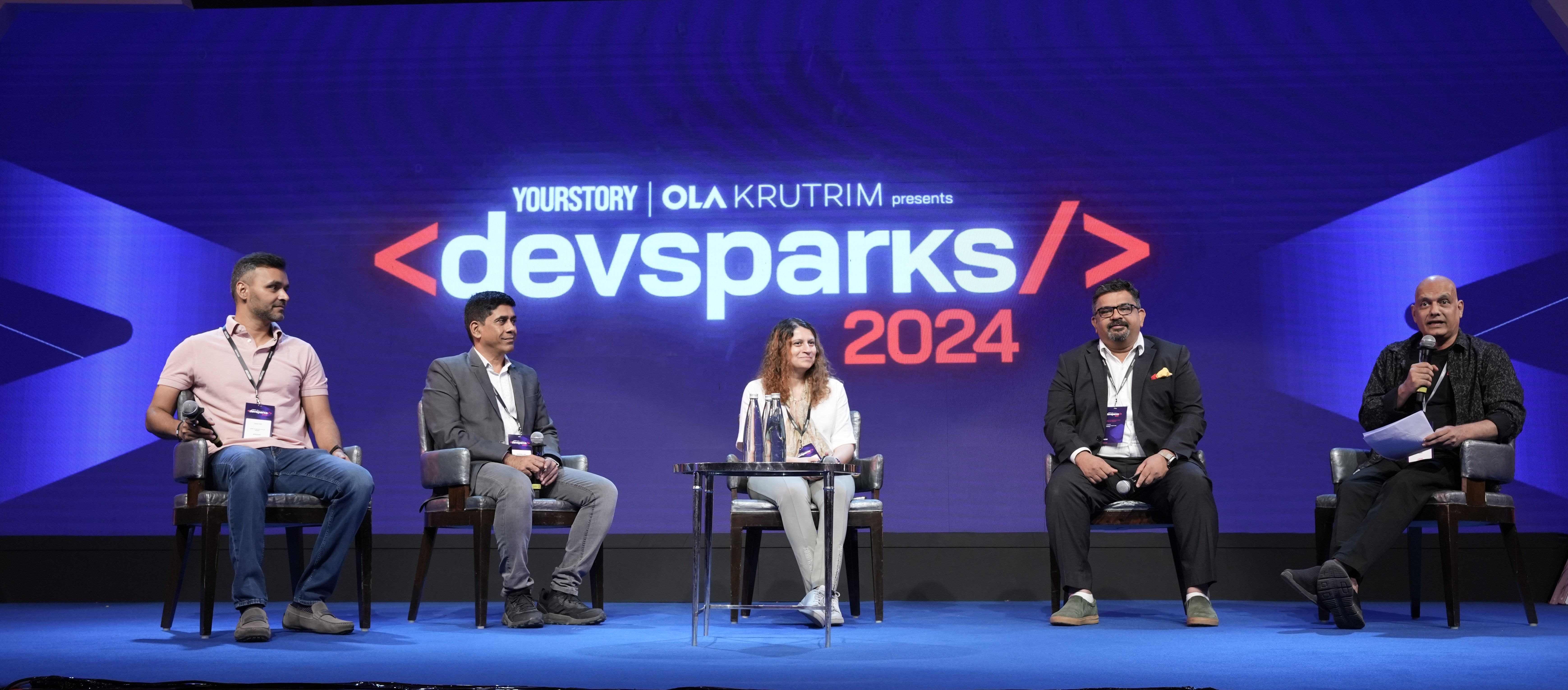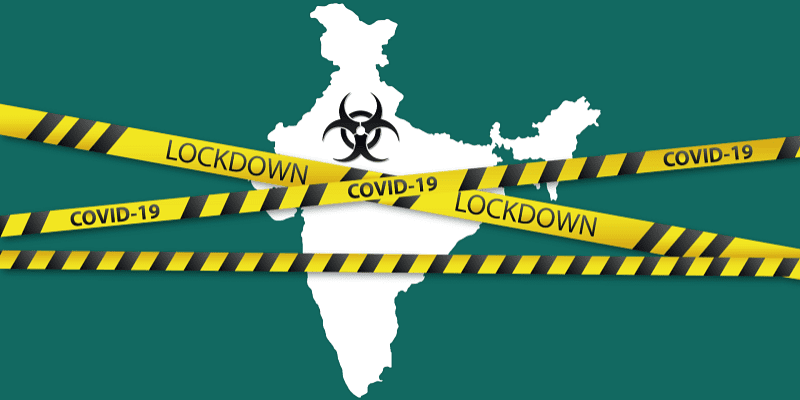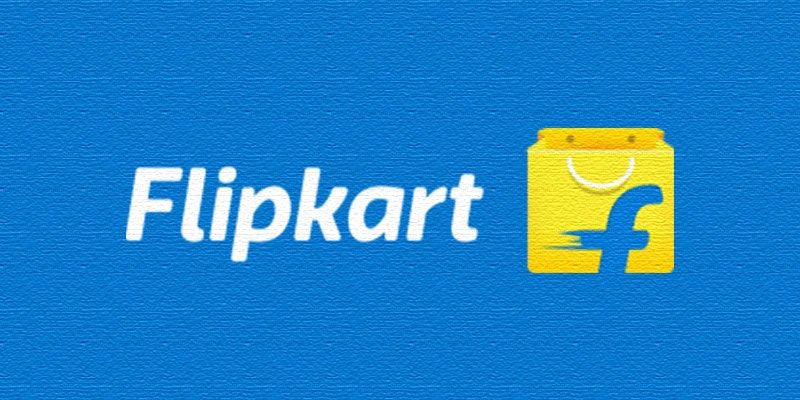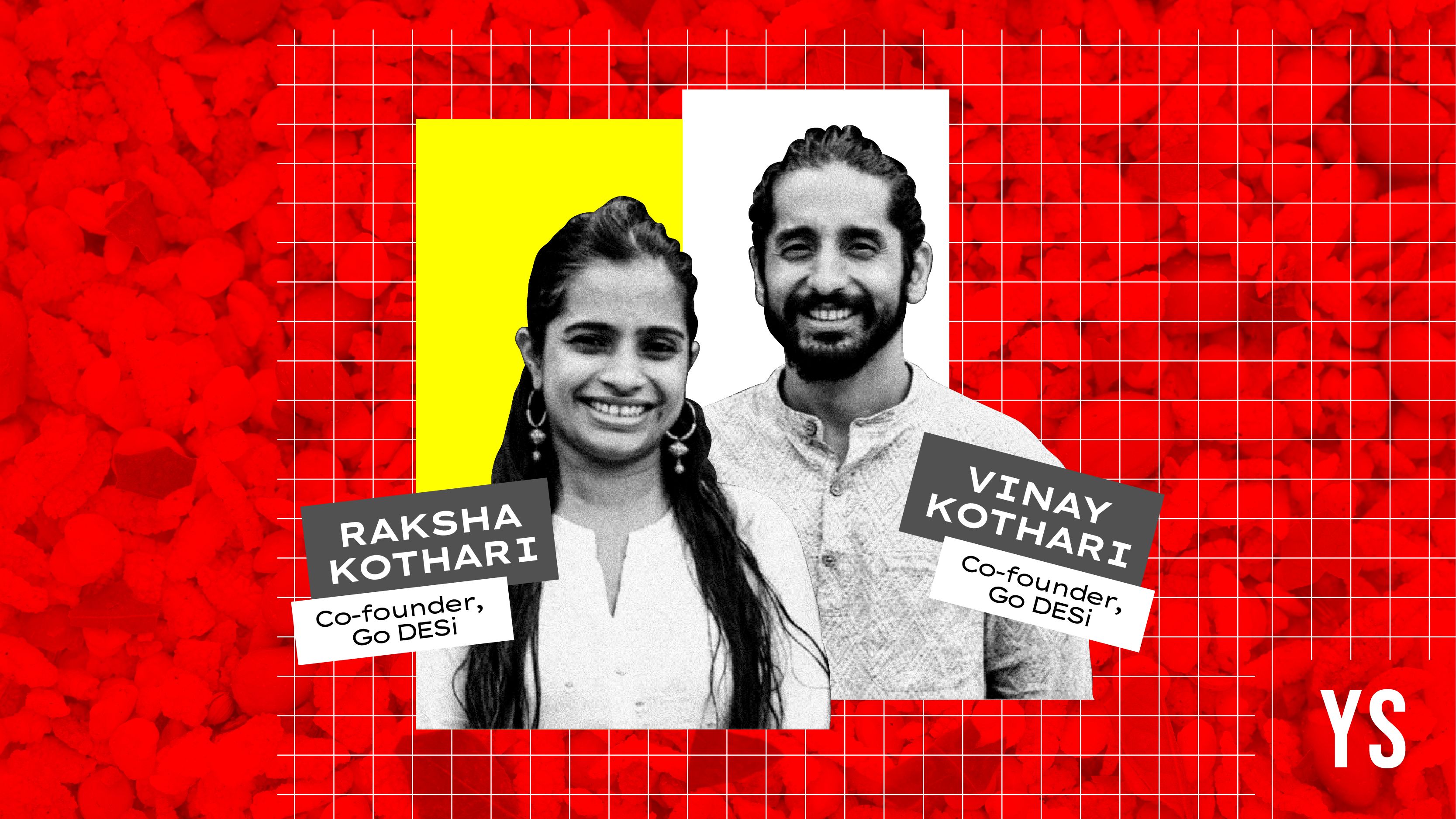Why this $3.2-billion company wants to think like a startup
Not many youngsters had the opportunity to shadow Margaret Thatcher, late Prime Minister of the United Kingdom, who was a popular leader in the last decade of the Cold War. Julie Woods-Moss was a junior school student who spent an entire week with the Iron Lady while she went about her work. Those meetings at No. 10 Downing Street changed Julie's life forever. Thatcher had told the little girl that the future belonged to "engineers". This had a profound impact on her to become a leading global innovator in the telecom industry. Today, she is the CEO of Tata Communications NextGen Business, and is also President, Chief Marketing and Innovation Officer of the company. In her chat with YourStory she tells us about how the brand has been reinventing itself, even as it works with 60 percent of Fortune 500 companies and at least 24 percent of the Internet flows through the Tata Communications pipe. Here are the excerpts from the interview:

1. How do you stay in touch with a new generation of users in your industry?
JWM: The question is: are the millennials different? Are they rebellious? Are they any different from their parents when they were younger? I think it comes down to creating value for businesses and consumers. This is how a company can stay ahead. Yes, the future is in cloud, mobile and analytics and our leadership teams are already working with businesses that offers these services. As CEO of the new generation of businesses we have worked with some of the top smartphone and social media companies in the world. The new business is worth $250 million in booked revenue today. Being in the communications infrastructure business we have to ensure that thousands of our customers understand that we are innovating constantly.
2. Becoming Formula1's official communication partner showed that the company was fast to build platforms and deliver results.
JWM: Winning this global deal to become the communications partner for Formula 1 and to the broadcasters who are part of that ecosystem needed us to set up a system or platform in under a week. This system allowed us to manage communications every second in the race track. It was a platform that allowed information to flow from fibre to TV or over-the-top television; it was built in a lean environment that is multi-tenanted. The platform allows broadcasters to reconfigure their services to cover races in different regions on back-to-back race weekends. They need not set up new infrastructure; the cloud allows them to move information faster.
3. B2B businesses want to use the cloud to scale up their reach to markets?
JWM: The mobile is central to information flow and OTT is a reality. We already manage 24 percent of the world's Internet and the Internet is truly global. Satellite TV has been about regions, the Internet cuts all that. We broadcasted one of the largest sporting events in Brazil to showcase high picture quality content over fibre. We have platforms that enable broadcasters to scale up faster than they ever could and all of them want movie to be the primary driver of their business.
4. You have a robust startup programme, what have you done to foster the ecosystem?
JWM: Internet-of-Things (IoT) is a stack that we are building and we have a number of innovation catalysts to make these platforms available to our clients. So for us innovation from within the company is treated as entrepreneurship. Over the last two years we have had over 100 ideas that have come up internally. We have funded two ideas. One of them is working on low-power wide area networks on the IoT platform that can change the way devices interact in areas where there are no networks. We have also invested in fund of funds and have made a couple of global investments. Things like security and NFC interest us. We do hackathons in Mumbai and Bengaluru along with working with incubators. There are enough ideas coming out of India that can collaborate globally.
5. Corporate CIOs are the key for startups to get their businesses to work with startups?
JWM: We have global corporate CIOs come to our experience centres in England or the US. We do make them think like startups in worksshops. It is not easy to change mindsets. But we do show them what it takes to be part of a startup and how innovation plays a role in making a corporation adopt new technologies. This exercise makes them aware that there is innovation that is happening outside their organisations and they have to collaborate.
6. The future is in collaboration and do you see platforms becoming a major play for companies?
JWM: The future is about APIs and we embed APIs to help customers connect to our platform. You can take specific services because of APIs and as a client you don't have to sign up for an entire stack of service. The point is to make the networks fast and effective. Yes, the future is in APIs and platforms that can scale up businesses.
(Disclaimer - Ratan Tata, Chairman of Tata Sons, is an investor in YourStory Media)






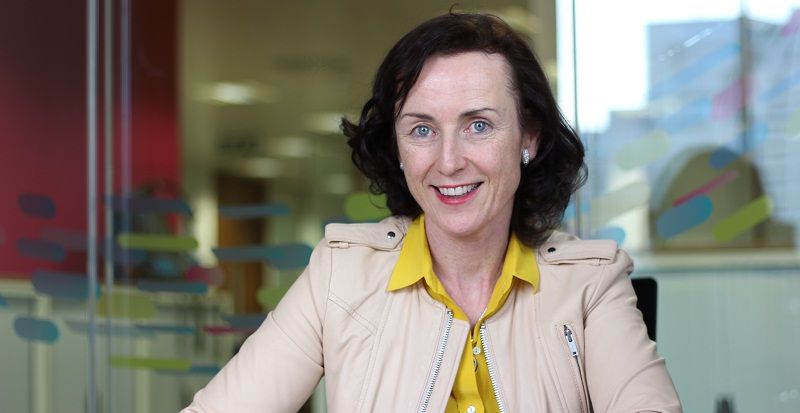
![[Product Roadmap] How CASHe used proprietary tech and credit writing systems to disburse Rs 2,500 Cr in loans](https://images.yourstory.com/cs/2/a9efa9c02dd911e9adc52d913c55075e/ProductRoadmap-21-1625558161031.png)
